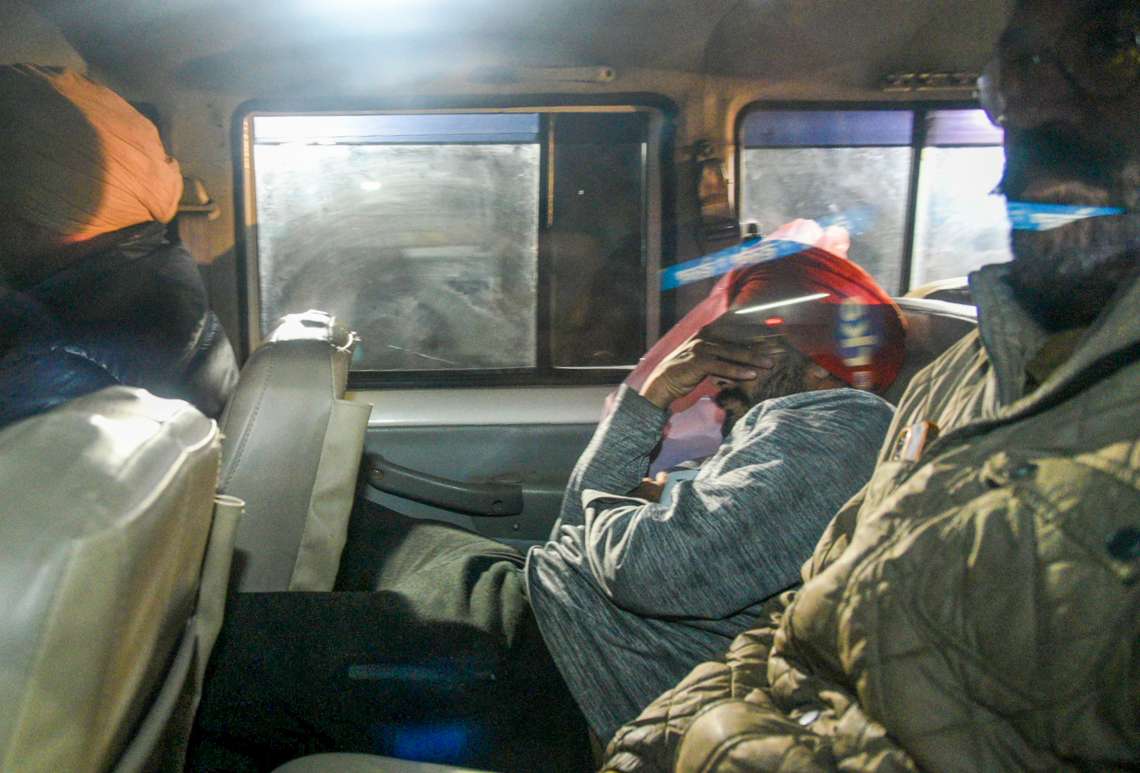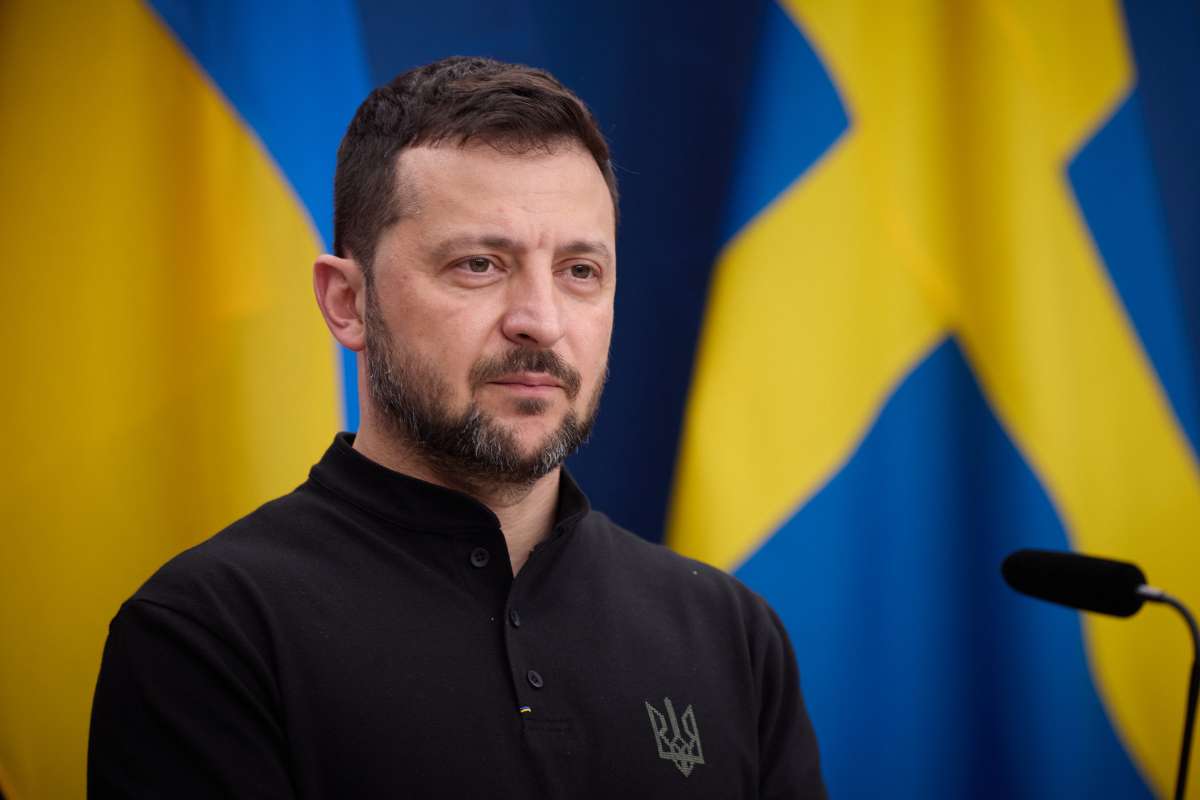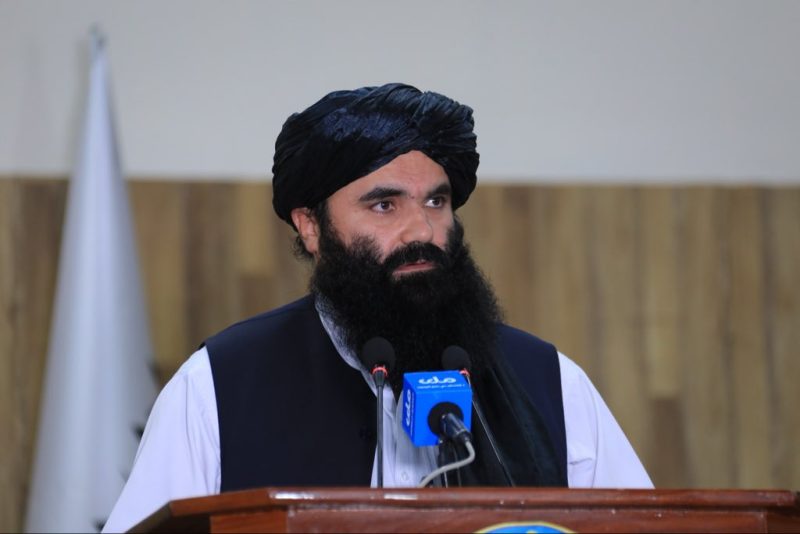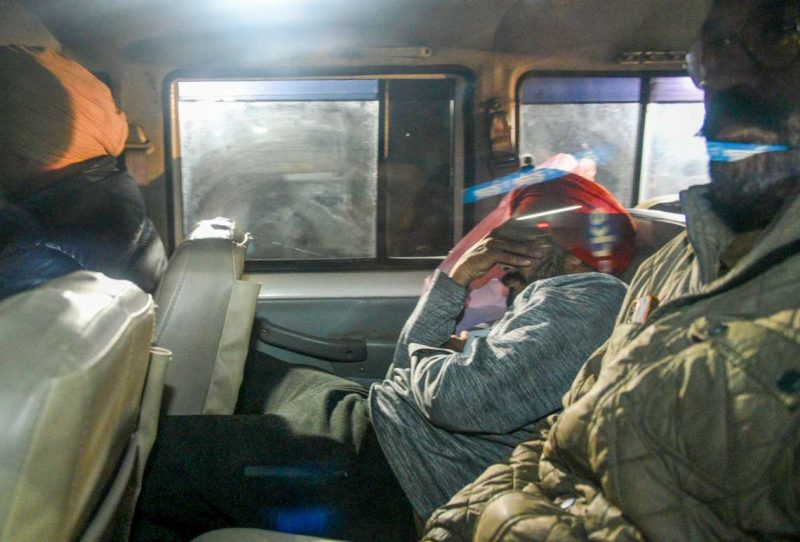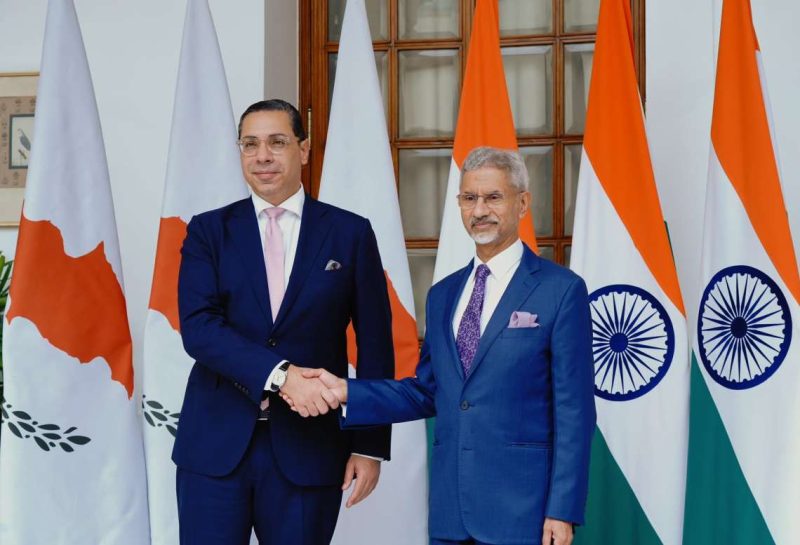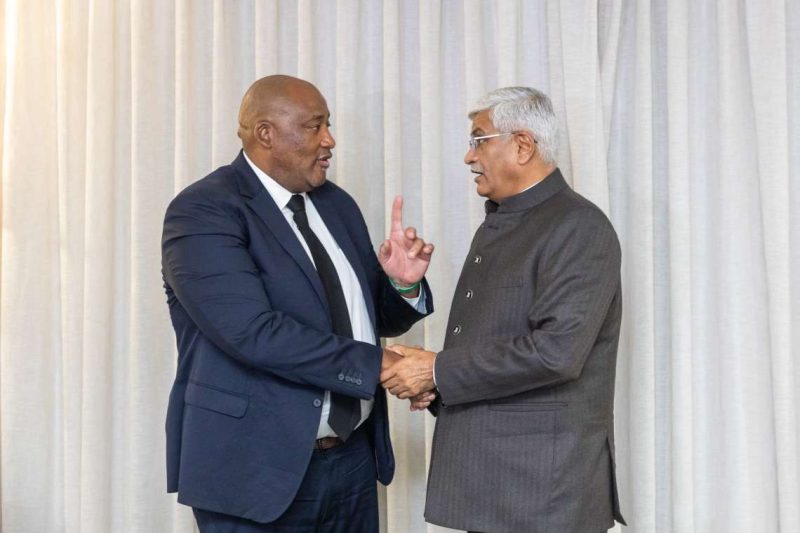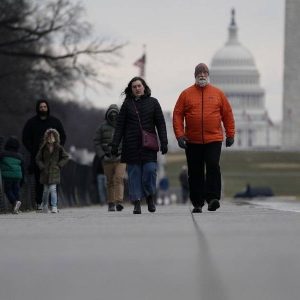The row has discomfited US diplomats who do not want to get caught in a dispute between the two largest political parties of one of their closest allies…reports Asian Lite News
The BBC has reported that the appointment of Britain’s next ambassador to the United States has formally been put on hold because of pre-election Whitehall rules.
There have been widespread reports – not denied by Downing Street – that Rishi Sunak has nominated Sir Tim Barrow, his national security adviser, for the role.
This prompted anger among some in Labour who accused the prime minister of trying to rush through the appointment before the election.
Labour shadow ministers are understood to have voiced their concerns about Sir Tim’s appointment during pre-election conversations with officials at the Foreign Office.
The row has discomfited US diplomats who do not want to get caught in a dispute between the two largest political parties of one of their closest allies.
The State Department has to give its consent to any ambassadorial appointments in Washington – known formally as “agrément” – and it risked having to endorse Sir Tim while question marks remained over his nomination.
The appointment has now been formally frozen under civil service rules laid down to stop big decisions being taken during the pre-election period known as “purdah”.
Section “H” of the General Election Guidance for Civil Servants says “all appointments requiring approval by the Prime Minister, and other Civil Service and public appointments likely to prove sensitive… should be frozen until after the election, except in exceptional circumstances”.
It adds: “This includes appointments where a candidate has already accepted a written offer… but where the individual is not due to take up post until after the election”.
The Foreign Office said: “All Government Departments must adhere to the central pre-election guidance. Future ambassadorial appointments will be confirmed by the FCDO in the usual way.”
The row began in late April when Downing Street announced General Gwyn Jenkins, vice chief of the Defence Staff, would replace Sir Tim as national security adviser. It did not say what new role Sir Tim would take up but Mr Sunak did not deny reports he would become Britain’s top envoy in the US.
When asked by political reporters on a plane to Warsaw, Mr Sunak said “ambassadorial or diplomatic appointments are always made in the usual way” and added: “It’s entirely normal for those to be made in advance… entirely in keeping with precedent because ambassadors’ designate often go and acclimatise themselves and build relationships before they formally start”.
The current ambassador Dame Karen Pierce is expected to leave next year after her appointment was extended for another 12 months to make up for Covid-related disruption at the beginning of her term.
“I think the next ambassador will arrive in early 2025, and I will stay till then,” she reportedly told a recent diplomatic gathering at the Washington embassy.
Sources say the Foreign Secretary, Lord Cameron, had assured his Labour shadow, David Lammy, that such a significant official appointment would not be made in the run-up to the election.
But it is understood Downing Street ignored Lord Cameron’s concerns and decided to press ahead with the appointment. Whitehall sources said No 10 wanted to announce General Jenkins’ appointment as the first NSA from a military background to reinforce their commitment to security, a key Tory election theme.
It is understood that if Labour won the election, Sir Keir Starmer would revisit Sir Tim’s appointment and might instead choose another candidate. At the very least it is expected that he would begin a new recruitment process.
The extension of Dame Karen’s term until next year would give Labour the chance to choose her successor after the outcome of the US election in November is known.
There has been speculation about potential Labour nominees for the role including David Miliband, former Foreign Secretary; Baroness Ashton, former vice-president of the European Commission and Lord Mandelson, former Northern Ireland Secretary. Other names suggested have been Tom Fletcher, principal of Hertford College, Oxford and former ambassador to Lebanon, and Lord Sedwill, former Cabinet Secretary and former national security adviser.
Labour’s concern was not about Sir Tim as an individual; he is a distinguished diplomat who has served as Britain’s ambassador to Russia and the EU. The anger was prompted more by the loss of Labour’s right to make its own appointment, the belief that Downing Street was behaving inappropriately, and Sir Tim’s background as a longstanding official adviser to senior Conservative figures including Boris Johnson, Liz Truss and Mr Sunak.
The muddle over Sir Tim’s appointment could lead to some awkward musical chairs in Whitehall. General Jenkins is expected to take up his new role as NSA soon and his successor as vice chief of the Defence Staff has already been named as General Dame Sharon Nesmith.
ALSO READ-Trump rallies thousands in Nevada heat



